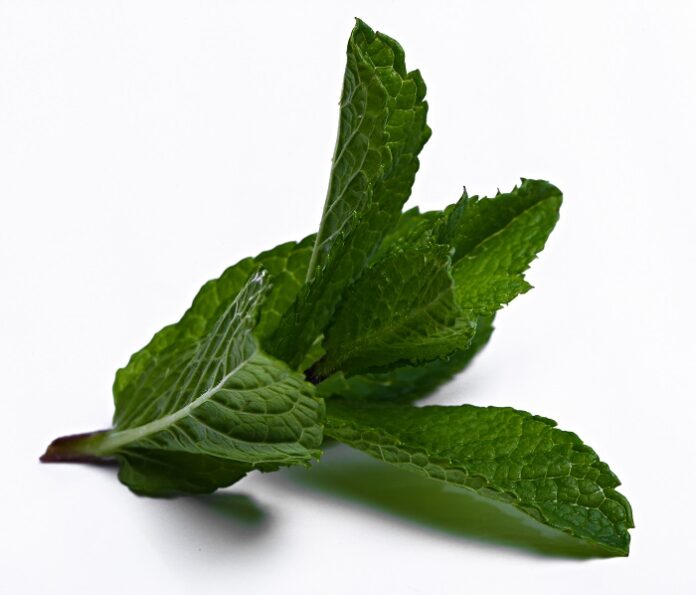Peppermint, used medicinally since ancient Egypt, is now backed by modern research highlighting its extensive health benefits. Found in Egyptian pyramids from 1,000 BC, this aromatic herb remains a popular natural remedy.
As reported by greenmedinfo, while often seen as a flavoring or tea ingredient, peppermint’s essential oil, topical applications, and internal use offer notable health advantages. Studies link it to relief for gastrointestinal issues like:
- Irritable Bowel Syndrome (IBS): Peppermint oil capsules are a proven remedy, with studies showing up to 75% of participants experiencing symptom relief.
- Colonic Spasms: Shown to reduce spasms during barium enemas, offering a safer alternative to certain drugs.
- Gastric Emptying Disorders: Supports gastric emptying, beneficial for functional gastrointestinal issues.
- Functional Dyspepsia: A blend of peppermint and caraway oils improved symptoms for 67% of patients in a clinical trial.
- Infantile Colic: Found as effective as simethicone in treating colic, offering a natural alternative for infants.
Other Health Benefits
- Nipple Pain from Breastfeeding: Peppermint water helps prevent nipple cracks and pain.
- Tuberculosis: Inhaled peppermint oil reduces tuberculous inflammation, suggesting preventive potential.
- Allergic Rhinitis: Peppermint leaf extract inhibits histamine release, easing allergy symptoms.
- Shingles Pain: Topical peppermint oil provides fast and lasting pain relief for nerve pain linked to shingles.
- Memory and Alertness: The aroma of peppermint boosts memory and alertness.
- Chemotherapy Nausea: Helps reduce chemotherapy-induced nausea, offering a low-cost alternative to drug treatments.
- Prostate Cancer: Menthol, a peppermint compound, has shown potential to inhibit prostate cancer growth.
- Radiation Protection: Peppermint protects against DNA damage and cell death caused by radiation.
- Herpes Simplex Virus (HSV-1): Effective against acyclovir-resistant strains of HSV-1.
- Dental Health: Outperforms mouthwash ingredient chlorhexidine in fighting cavity-causing bacteria, supporting its historical use for oral care.
Use with Caution
A hybrid of water mint and spearmint, peppermint’s benefits are undeniable, but caution is essential. Essential oils require careful use, as high doses can have adverse effects. For instance, rosemary’s cognitive benefits peak at lower doses. Similarly, a simple cup of peppermint tea may offer greater benefits over time than heavy doses taken during health crises.
With a rich history and growing scientific support, peppermint continues to demonstrate its value as a versatile natural remedy for preventive and therapeutic health care.























